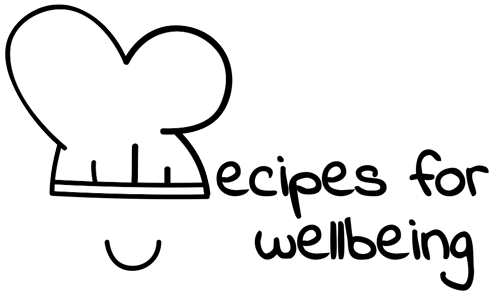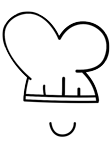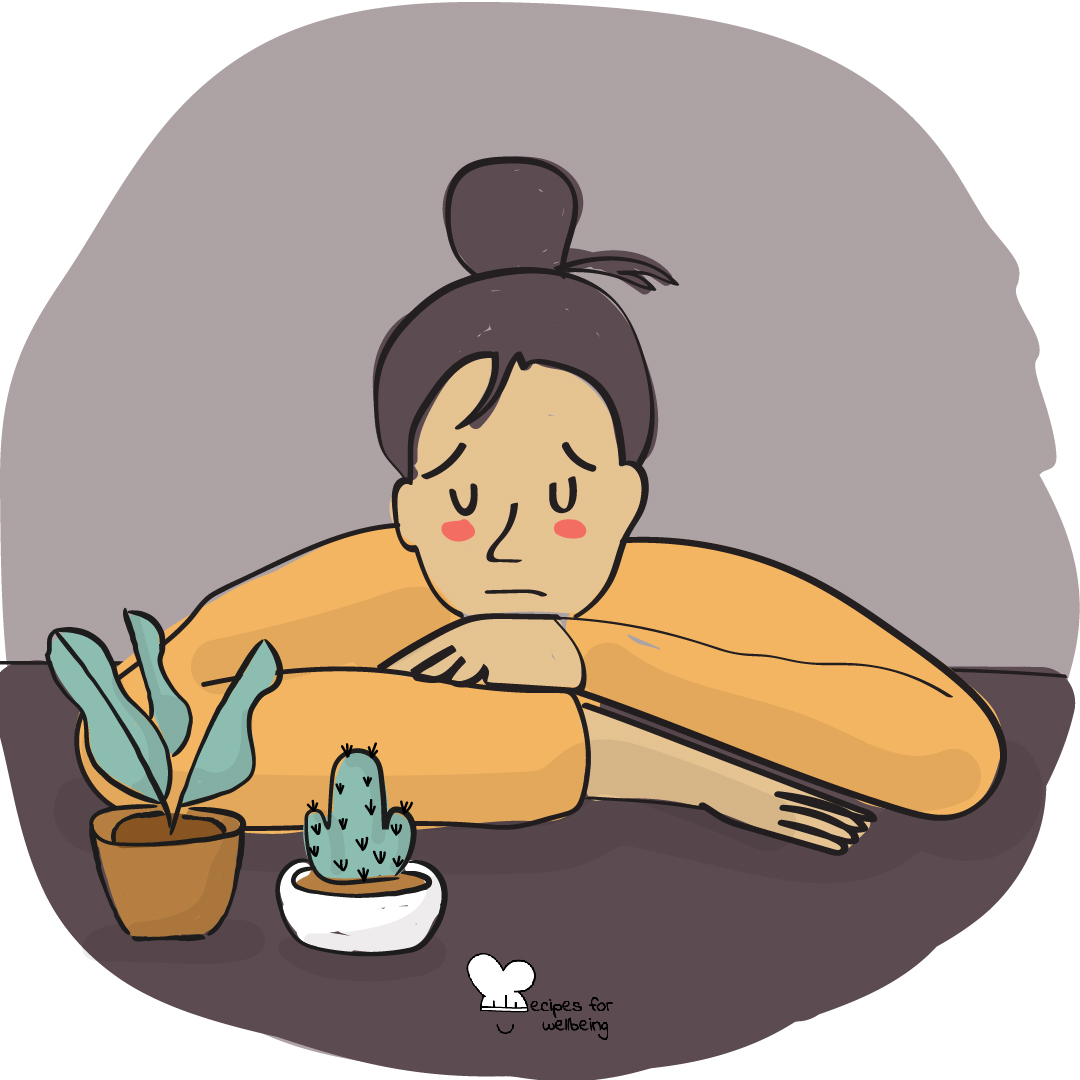
2021 in Review: Pushed to the edges of resilience
It might come as a surprise to hear from us after all these months. Or maybe not. In fact, in our last blog post “2020 in Review: From Badbeing to Wellbeing” (published on 21st December 2020), we presented our wellbeing manifesto for 2021 around the concepts of purposeful withdrawal, meaningful engagement, and conscious consumption. What did we learn from taking a digital break from all social media? How did it impact our work? What are our reflections on the past year, both with regards to our work and to the state of the world? And what are we planning for 2022?
Our year-long digital fast felt liberating
In 2021, we engaged in a year-long digital fast where we didn’t publish anything on social media or on our blog. How did it feel? To be totally honest: it felt liberating. Not having to worry about creating relevant and meaningful content round-the-clock, which is very energy and time consuming, was just great, especially when you know that the algorithms don’t really care about your organically-promoted content. But it went beyond our exhaustion to creating content. We were also seriously concerned about the negative impact digital technologies have on people’s wellbeing, as our expansion to include the topic of digital wellbeing demonstrates.
You might think that pausing social media was a radically inconvenient choice for a small organisation that relies a lot on word-of-mouth and organic promotion… or maybe it was just the beginning of a new trend, with global cosmetic giant Lush quitting social media at the end of November 2021? Will we resume posting on social media in 2022? Unlikely. And will it prevent us from having a positive impact? Not really.
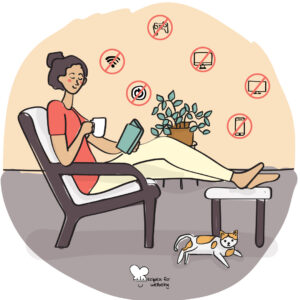
Taking a break from social media allowed us to be more focused and attentive
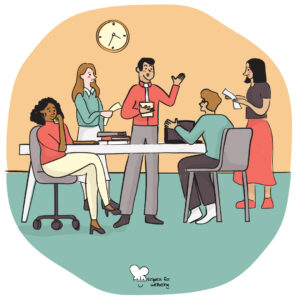
All the time and energy we gained back from not posting on social media allowed us to create more tailored and innovative wellbeing offers for changemakers and their teams. For instance, we piloted online wellbeing labs for two incredible organisations – the Fair Education Alliance and DiversityTalks. We also experimented with a hybrid off- and online wellbeing space and wellbeing sessions at the European Social Economy Summit in Mannheim in May 2021. And we tested a mini-training on wellbeing facilitation for the JEF Steiermark summer programme 2021. If you’re curious to find out more about our impact in 2021, we invite you to read our 2021 impact report.
As a result of these experimentations, we updated our services page to reflect the current wellbeing offers we have for changemakers and their teams:
- Huddles (on- and offline) • Short experiential workshops to learn about and practice wholebeing.
- Coaching (online) • 1:1 or group guidance to support your wholebeing journey.
- Labs (on- and offline) • Immersive retreats for a full-on wholebeing experience.
- Facilitation trainings (on- and offline) • Practical training to learn to facilitate for wholebeing.
- Events & conferences (on- and offline) • Tailored support to infuse your events & conference with wholebeing.
- Digital • Expertise to balance your relationship with all things digital.
What’s up with this ‘wholebeing’ concept now?
Another change we went through this year was a deep rethink of our approach to wellbeing, which led to an evolution of our model and framework.
From now on, we will be much more vocal about spreading the concept of “wholebeing”, which integrates what we usually refer to as “wellbeing” and what we call “badbeing”. Wellbeing is more than a good state of health in the absence of problems. It is a positive state of thriving and living to the fullest. But it is not always possible to thrive. Badbeing recognises that we may experience difficult situations which build our resilience and shape who we are and how we act in the world. Wholebeing is about engaging in a life-long journey of inner work to acknowledge, accept, and embody the full spectrum of human experiences. This inner wisdom then guides our changemaking work and deepens our impact in the world.
Keep reading on to learn about what this change means for us in 2022.
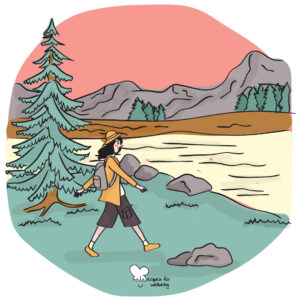
It feels like badbeing has increased this year…
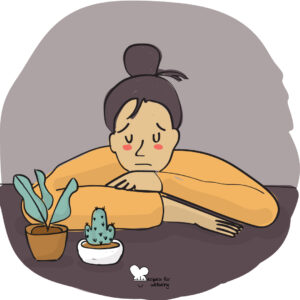
Two years into the COVID-19 pandemic really shed light on the multiple challenges affecting people’s wellbeing. And we got confirmation that our work is as needed as ever.
According to an in-depth study on changemakers conducted by The Possibilists in 2021, “59% of young changemakers have experienced some degree of burnout since they started work on their initiatives”, with burnout levels “more acute among women (62%) and non-binary respondents (60%), compared to those of men (52%)” (The Possibilists 2021 Report, P17). What’s more, “66% of young changemakers cannot compensate themselves at all or can only pay themselves a small token amount” (P13), “59% say they are juggling various responsibilities and are stretched too thin” (P12), and 64% are negatively impacted by systemic inequalities (P19). All this makes it difficult for them to maintain an optimistic mindset and balanced outlook for the future, which ultimately hinders their capacity to think exponentially and innovate.
While we are relieved that many more people have woken up to the importance of wellbeing, we were quite saddened to see – in all our engagements with changemakers and their teams – just how many seem to be struggling and are completely overwhelmed by the pain and suffering in the world. After almost two years of working with overwhelmed nervous systems it almost feels like people have maxed out on their capacity to be resilient and the tiniest of things upset their fragile balance. This is definitely something we want to reflect on deeper, but we think that our work on developing a “Wholebeing Framework” is a step in the right direction.
We think it’s possible to practice & cultivate wellbeing
Building on the evolution of our wholebeing model, we are developing a “Wholebeing Framework” which looks at wholebeing as a set of competencies and skills that anyone can practice and cultivate and that are essential to thrive in the anthropocene.
This is still work in progress, but we have identified 12 wholebeing learning domains that comprise over 60+ competencies and skills. We recently presented our learning domains at the WISE Summit 2021 and received really positive feedback, which encourages us to continue developing this framework. We will share more details on the learning domains at the start of 2022 but at the core is the intention to learn to ‘be’ and ‘thrive’ together differently. The path to true thriving is not self-care, it’s all of us caring for each other. It’s placing the onus of empathy, equity, and embodied action on the community and wider system, rather than any single individual.
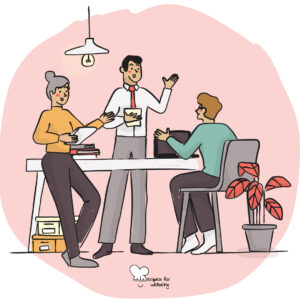
A final but important note
Lastly, we’d like to wrap up our reflections with a somewhat uncomfortable but needed precisation. In recent weeks, we have been particularly upset and concerned to read about a growing trend in the “wellness” industry towards anti-vaccine beliefs rooted in far-right ideologies (for reference, read these two articles by The Guardian: “The dark side of wellness: the overlap between spiritual thinking and far-right conspiracies” and “Chakras, crystals and conspiracy theories: how the wellness industry turned its back on Covid science”).
Whilst we welcome diverse perspectives to cultivate wholebeing for the mind, body, heart, and soul – and we believe that taking any vaccine is a personal choice – we’d like to clearly state that as a small non-profit association in the wellness industry, we do not support nor embrace anti-vaccine views and actions that are grounded primarily in far-right ideology.
- The Recipes for Wellbeing team have all been vaccinated against COVID-19 and we recognise that this is a privilege, especially as many don’t have the option to get vaccinated or boosted. This includes the majority of people in the global south, families with children, people with a range of physical and mental health conditions, and people whose care duties do not allow them even the time to do so.
- At this point in the pandemic, it is clear that beyond the immediate effects of the virus, long-covid can be debilitating and disabling. We are in the midst of a mass disabling event. In an already ableist capitalistic system that burns out changemakers by design and that does not provide the right systems of care for people with disabilities and BIPOC, we are incredibly concerned for young people who may be left without the needed systems of support for the coming years and beyond.
- This is why we dutifully respect the care policies and restrictions in place in the countries we live in (Bahrain, Italy, and Switzerland) from a place of collective responsibility to and care for those who are most vulnerable.
- When hosting in-person events in countries with low infection rates, we take all necessary precautions to ensure the health and safety of participants (vaccinated and unvaccinated), and our own.
Our work aims to support changemakers and their teams develop and cultivate wholebeing in their everyday work and lives.
We wish you a healthy and safe festive season!
Alessia, Greta, and Tariq
Co-founders of Recipes for Wellbeing
P.S.: Are you looking for end-of-year activities to bring 2021 to a close and embrace 2022? Check out the following wellbeing recipes: “End-of-year reflection”, “End-of-year spell casting”, “Year Compass”, and “New Year’s Manifesto”.
